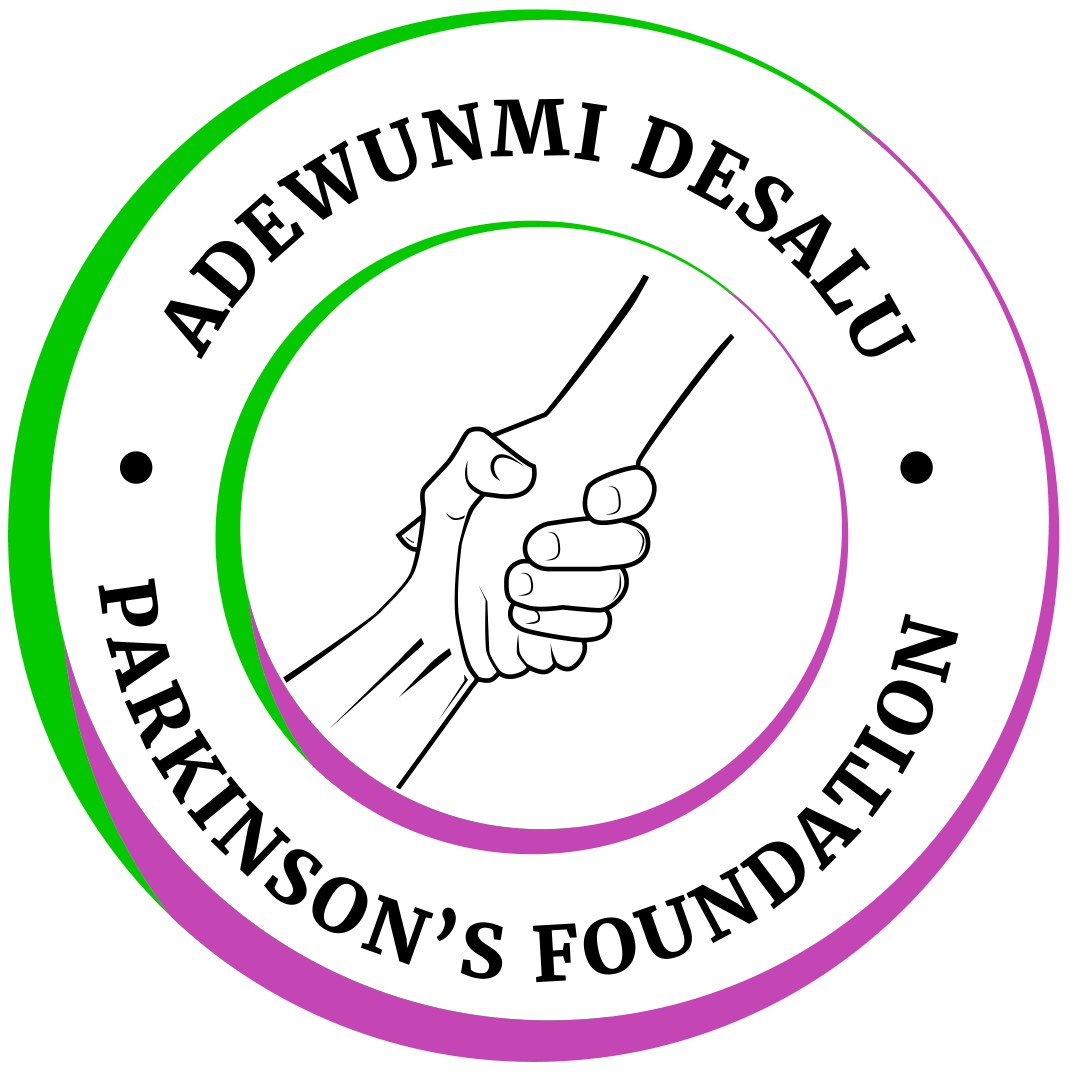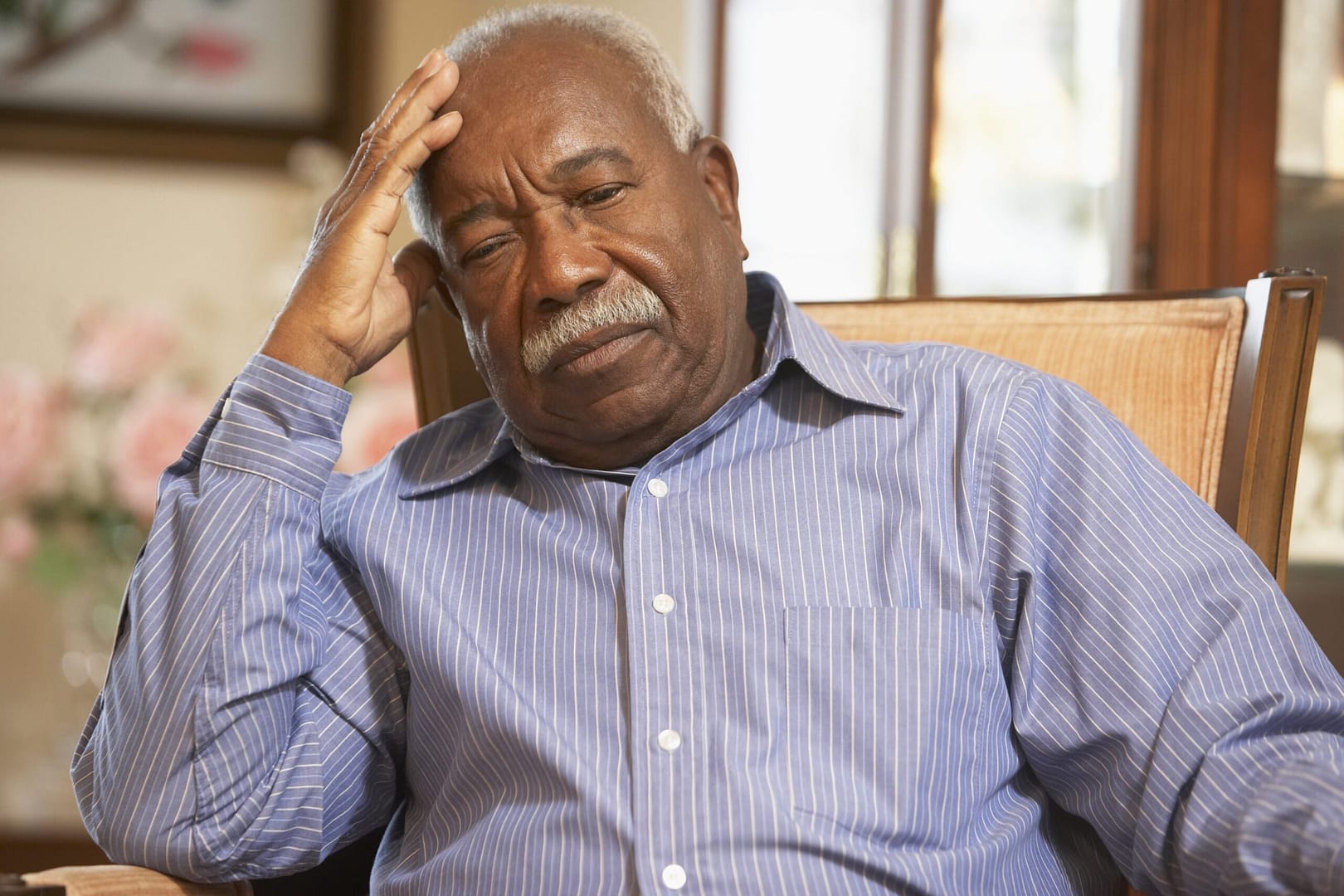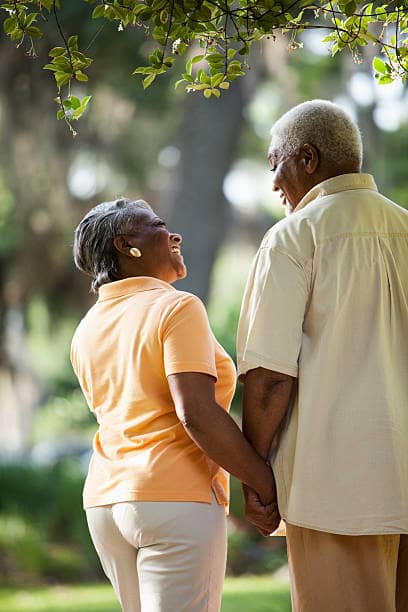The symptoms of Parkinson’s?
Parkinson’s is characterised by motor symptoms (those that affect movement) and non-motor symptoms (those that do not affect
movement).
Motor symptoms
The three primary motor symptoms of Parkinson’s are tremor, slow movement and rigidity. Although very common, it is important to note that not everyone with Parkinson’s will experience these symptoms.
Tremor
Uncontrollable shaking of a part of the body such as the hands, jaw, lips or
legs. It starts on one side of the body and usually occurs when the affected
body part is at rest
Slowness of movement
Also known as “bradykinesia”, this symptom is characterised by very slow movements, making it difficult to perform tasks like walking and tying shoelaces.
Rigidity
Stiffness in the muscles that creates difficulties with movements like swinging your arms or turning around in bed.
Other motor symptoms
Other motor symptoms of Parkinson’s include reduced facial expression, dystonia (uncontrolled and painful muscle cramps), improper posture (the body may stoop forward or sideways), walking abnormalities such as dragging the feet, balance issues and handwriting that becomes smaller and smaller.
Non-motor symptoms
Parkinson’s disease also has a wide range of non-motor symptoms.
Researchers have discovered that some of these symptoms, like reduced sense of smell and constipation often appear many years before the onset of motor symptoms. Some common non-motor symptoms are:
- Cognitive Difficulties: These include difficulties focusing, paying attention, planning, doing multiple things at the same time, organizing and remembering things.
- Mood Disorders: Apathy (lack of interest), anxiety (feeling worried and scared), depression (feeling sad) and irritability (easily bothered and upset).
- Sleep Disorders: Insomnia (trouble falling asleep), disturbances during sleep, acting out dreams and excessive daytime sleepiness.
Other non-motor symptoms
Other non-motor symptoms include pain, fatigue (feeling tired), constipation, a drop in blood pressure when standing, reduced sense of smell, urinary problems, vision problems, hallucinations (usually occurs in the later stages of the disease due to medications) and, for some people, impulse control disorders also caused by some medications (this could include excessive urge to buy things, gamble or high sex drive).
If you are experiencing any (or a combination) of these symptoms, it is important to see a health expert to rule out other health conditions with similar symptoms as Parkinson’s.





